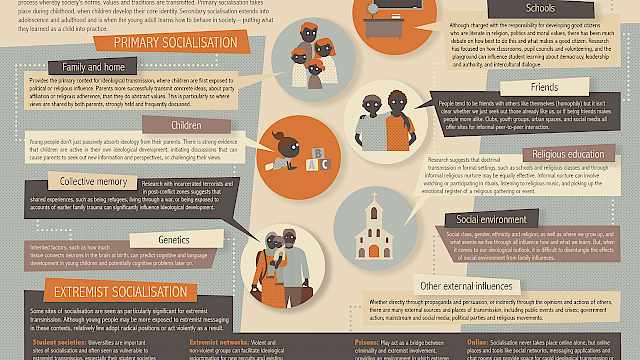If someone tells you one thing and then contradicts themselves later on, are they lying? Perhaps their whole story is fiction? This kind of detail would have Lieutenant Columbo shuffling back into the room to ask ‘just one more thing’ before highlighting an inconsistency. But work by Lorraine Hope, and other colleagues in the field, suggests that there are many reasons why people might contradict themselves. Reasons that don’t necessarily signify lying or that the information is false.
Research on memory shows that many inconsistencies are the result of how the brain retains and recalls experiences, as well as how social customs dictate we recount details. There are different types of inconsistency and each has different underlying causes. Understanding which type of inconsistency is being displayed is important for assessing the accuracy of a statement.
There are at least three types of inconsistency:
- Forgotten or omitted information
- Additional information
- Contradictory information
Forgotten or omitted information
Forgotten or omitted information is contained in the first account, but not subsequently. It could be simply forgotten; memory decays over time. It could also be omitted because of a change in interviewer or interview style. Other information may be reported in response to different questions or interviewing style.
Additional information
Additional information is new information that wasn’t mentioned in the first account but is in subsequent accounts. Although memory fades over time, the interview style or a different interview type can change the ‘retrieval cues’ which trigger reminiscence. This can be common across multiple interviews, especially if the interview format changes.
Both of these inconsistencies do not reflect on the accuracy of the original or new information. Research shows both can be highly accurate, although reminiscent information is sometimes less accurate than subsequently forgotten information, so caution may be necessary.
Contradictory information
Contradictory information is information provided in later interviews that contradicts the details given in the first account. For example, an item of clothing might change colour.
This can be quite problematic and research suggests that the accuracy rates for contradictory items are low. However, exploring the contradiction with the interviewee might well identify a plausible reason why the change occurred.
Research also shows that inconsistencies in parts of an account do not necessarily mean that the whole account is false, nor that the interviewee is generally unreliable. It’s important to understand why these inconsistencies might have arisen in assessing the overall accuracy of the account.
Read more
- Read the CREST guide When Does (In)Consistency Matter?
Copyright Information
As part of CREST’s commitment to open access research, this text is available under a Creative Commons BY-NC-SA 4.0 licence. Please refer to our Copyright page for full details.
IMAGE CREDITS: Copyright ©2024 R. Stevens / CREST (CC BY-SA 4.0)







